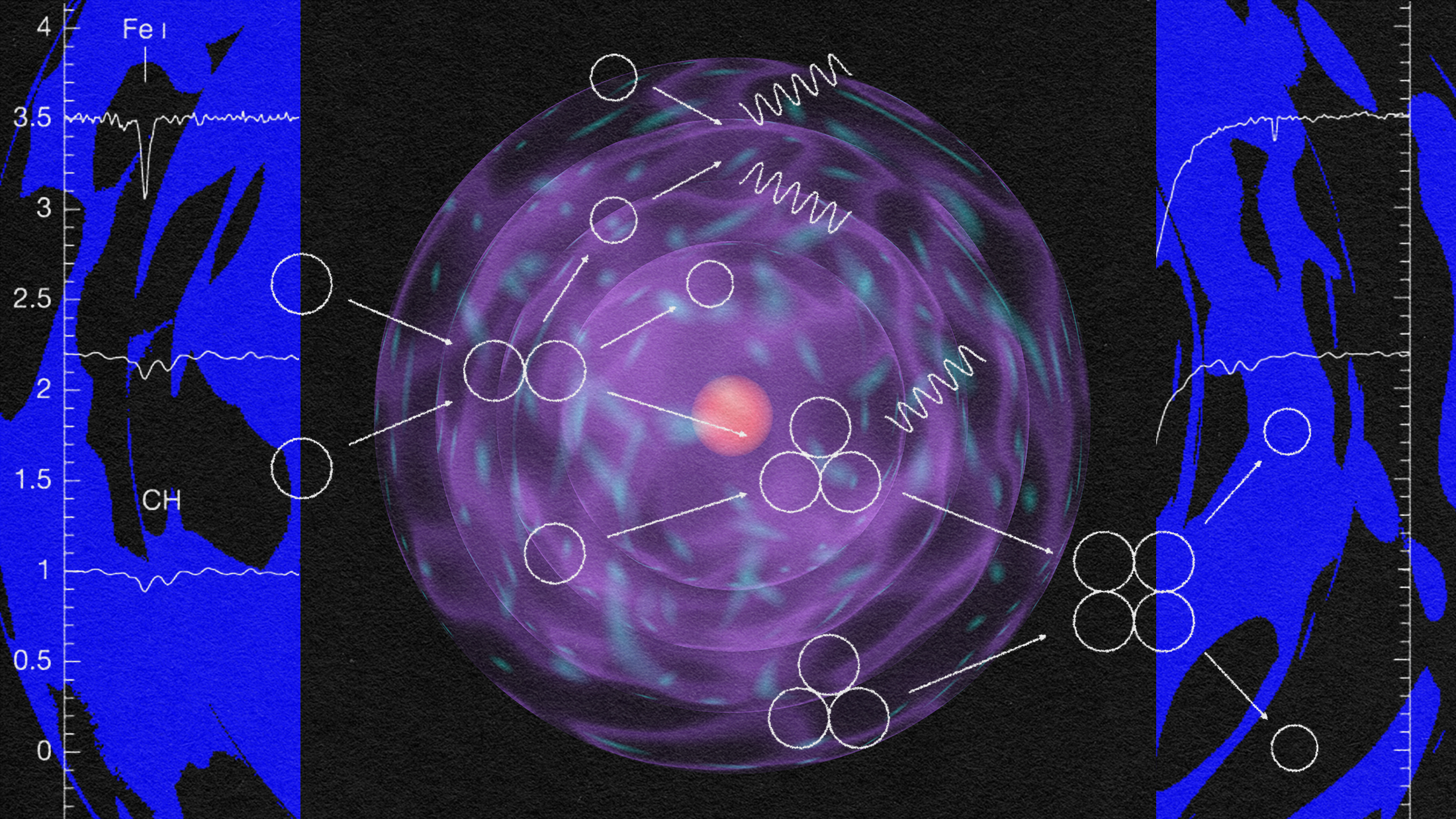Food should not be mass produced regardless of whether or not it is organic.
Jennifer Rubell: Well I’m not that into organic food. I think . . . I think the mass produced food is . . . is more of an issue than organic versus inorganic. And I think if people are cooking at home, if people are eating normal sized portions, and if people are basically doing the . . . the real heavy lifting of food production themselves – meaning the sort of processing of food themselves – then it’s pretty easy for things not to happen on a massive industrial scale. There’s nothing wrong with . . . A farmer who has a moderate sized farm grows a ton of broccoli, you know? So things . . . Even on a small scale, things are produced in fairly large quantities. That’s not the problem. The problem is when you’re buying foods that’s already been processed, somebody’s cooked . . . somebody’s chopping it or a machine is chopping it. They have to put preservatives in it in order for it to be shelf-stable. There is . . . It’s just going through all of this . . . all of this stuff that when it’s happening in a mass scale is really kind of gross and leads to food that you really don’t want to eat. So I think if people were cooking at home, there would be less of that problem of industrial scale food production. Because then you’re just talking about farming, and farming . . . I read a very, very interesting supposed fact – or it could be propaganda – about Cuba that 90 percent of the food that’s eaten by people who live in Havana is grown in these little gardens inside of Havana. I mean I know people . . . There are food shortages in Cuba, and Cuba is certainly not the shining example of . . . of an ideal organic food world. But they’re basically organic because they’re cut off from any source of agricultural chemicals. And so, you know, you have these people sitting in little Havana eating organic, local vegetables if they have food at all. But the idea of growing food fairly close to home is not that hard to execute. That’s fairly easy to execute. The idea of having ready to eat food that’s all done in the right way is almost impossible to execute, unbelievably expensive, and sort of defeats the whole idea of having that close connection with food anyway.
Recorded on 12/13/07





